T Visa
T Nonimmigrant Status for Victims of Human Trafficking
The T visa or trafficking visa is a temporary immigrant visa that is valid for four years. It is available for immigrants who have been victims of labor trafficking and sex trafficking. The T visa allows eligible victims of human trafficking and their qualified relatives to remain in the United States on the basis that they will assist law enforcement agencies in the investigation and prosecution of the perpetrators of the crime of human trafficking.
Eligibility for a T Visa
To be eligible for a T visa, the immigrant must show through convincing evidence that he or she:
- has been a victim of human trafficking. The trafficking victim must show that they were either recruited, harbored, or transported by a person for labor or services through the use of fraud, force, or coercion for the purpose of involuntary servitude, debt bondage, peonage, or slavery.
- is physically present in the United States on account of the trafficking.
- cooperated with law enforcement in their investigation.
- would suffer extreme hardship involving severe and unusual harm if they were to return to their home country.
The Trafficking Visa Reporting Requirement and the T Visa Certification
The T visa is similar to the U visa in that they both require the victim to report the crime to law enforcement and have the required certification signed by law enforcement. However, unlike the U visa, the trafficking victim may still apply for the T Visa even if law enforcement does not sign the certification. A U visa victim cannot apply for the U visa without a signed certification from law enforcement.
Who Are Considered Qualifying Relatives for a T Visa Applicant?
- A trafficking victim under the age of 21 is allowed to apply for T visa status for any unmarried brother or sister under 18 years and their parents.
- A trafficking victim of any age is allowed to apply for T visa status for his or her children, even adult sons and daughters, if the children face a present danger of retaliation from the traffickers because the trafficking victim escaped or is cooperating with law enforcement.
Qualifying relatives do not have to be in the United States. They may be located outside the United States.
Common Examples Where a Person May Be Considered a Trafficking Victim:
- The immigrant was promised a specific type of job, but when they arrived in the United States they had them doing something else.
- The immigrant was forced to work for little pay and no breaks.
- The immigrant was forced to work when they were sick or injured.
- The immigrant was forced to work under the threat of being reported to immigration authorities if they did not work.
- The immigrant’s travel documents, like their passport or visa, were taken by another person, such as an employer or partner.
- The immigrant’s partner may arrange for them to work outside the home and then take the money the immigrant earned for themselves.



